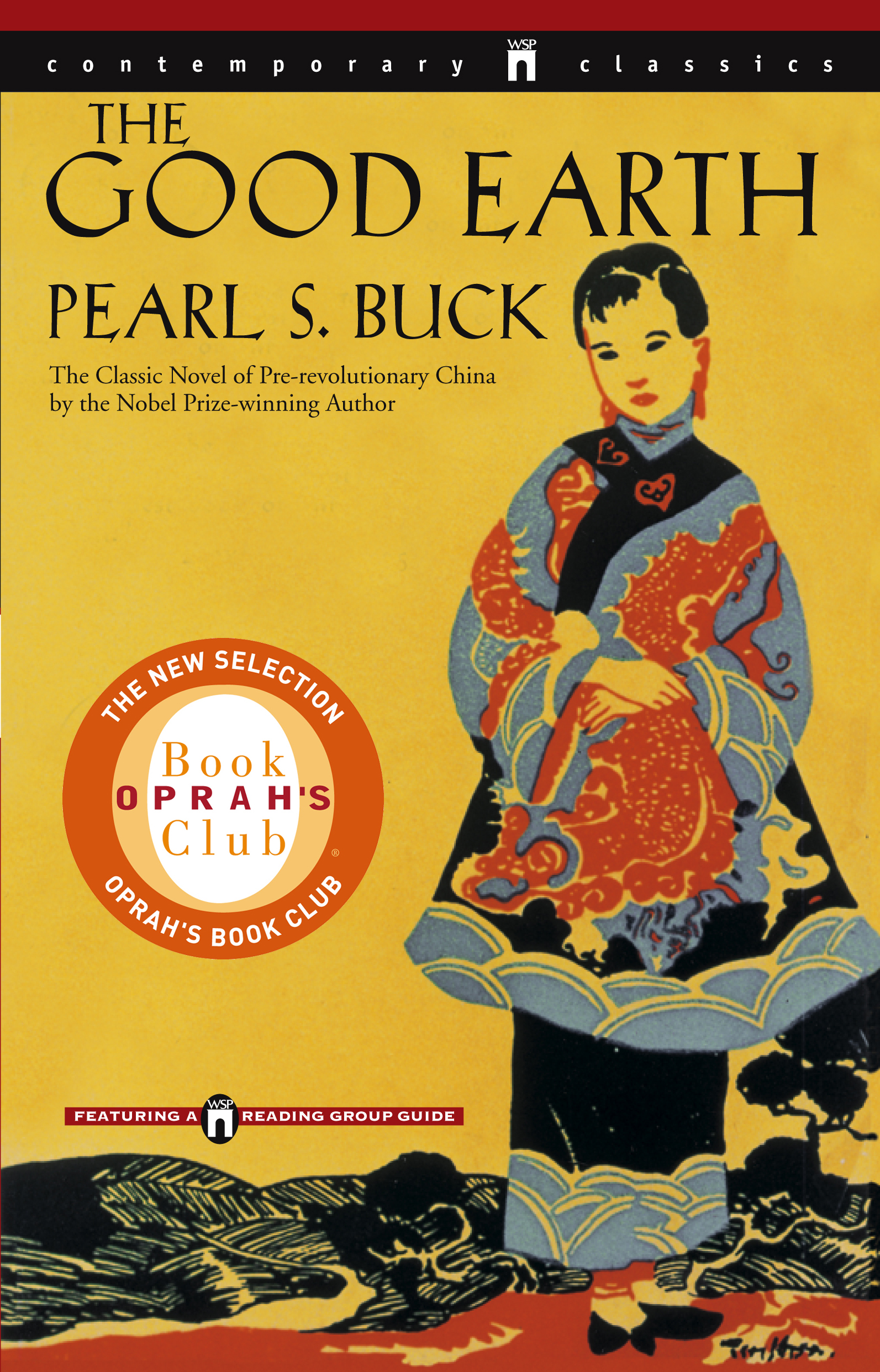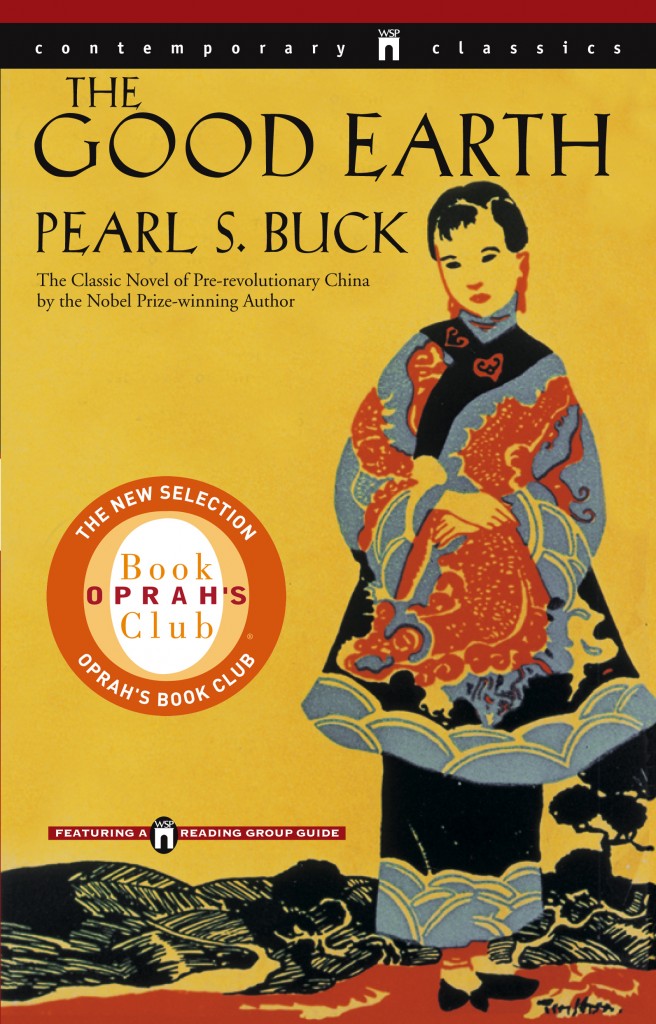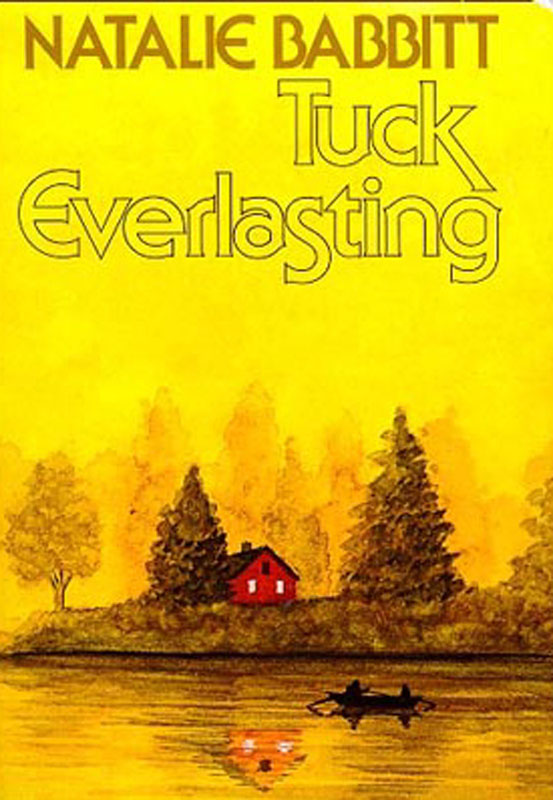
I’ve read over 800 books in the last ten years, taking the time to write review notes on very few of them. In an effort to take more notes, here are five things I liked about a book I read recently.
Title: The Indigo Girl
Author: Natasha Boyd
Publication Year: 2017
- It’s based on a true story.
The book is based on events in the life of the amazing Eliza Lucas. - It features my hometown.
Eliza was born almost 300 years ago in Antigua in 1722, and spent her formative years there before attending finishing school in London and then moving to South Carolina with her family. Antigua is mentioned 15 times or more in the book. - It’s a love story.
The author crafted a story that demonstrates that the love that comes to us in the most unexpected and unconventional ways may be the best kind. - It’s about following your interests and passions, and setting audacious goals.
In the book – as in real life – Eliza strives to achieve something regarded as nearly impossible by those around her. Against current wisdom and the odds, she works to find a way to get indigo to thrive as a cash crop in a temperate climate, and eventually succeeds, making her contribution to the founding story of America. President George Washington served as a pallbearer at her funeral, and in 1989, she became the first woman to be inducted into the South Carolina Business Hall of Fame. - It celebrates the benefits of writing.
Eliza’s audacity and feminism are almost unbelievable in someone so young an in that era. Her words are quoted throughout the book, sourced from her meticulously maintained records of her letters and conversations in her “Letter Book”. Not only did recording her thoughts on paper probably help her to solidify her own goals and ambitions, but it allows us deep insight into her thoughts and personality hundreds of years later.





